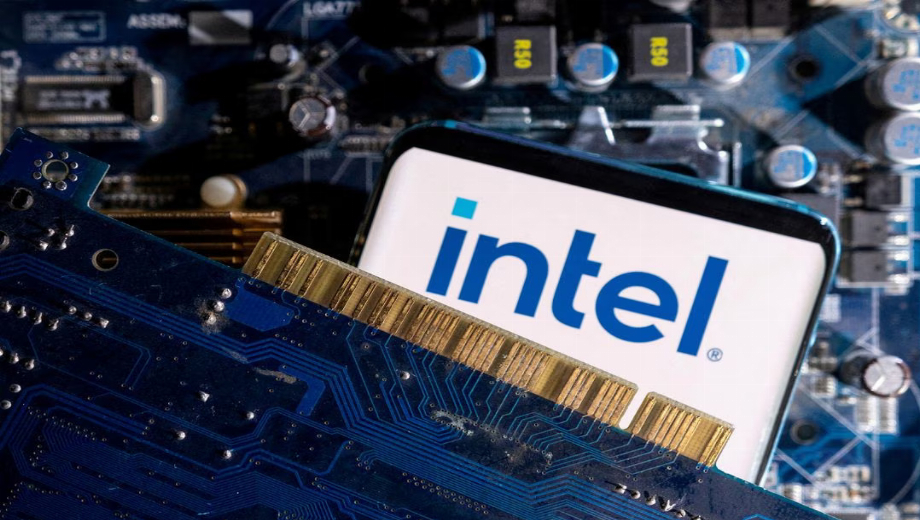Intel a déjà lancé des chipsets Wi-Fi 7, avant même que la norme ne soit publiée.

Wi-Fi 7 isn’t due to be fully ratified by the IEEE until 2024, but that hasn’t stopped Intel from releasing chipsets for the new wireless internet standard. The Wi-Fi 7 BE200 and Wi-Fi 7 BE202 have been released on Intel’s website, which means Wi-Fi 7-enabled motherboards are likely not far behind, and will be releasing around the time of Intel’s 14th generation of CPUs.
There aren’t many details known about the BE202 at this time, but we know quite a lot about the BE200. It’s listed as “Wi-Fi 7 Pre-certified”, and includes support for 2.4GHz, 5GHz, and 6GHz, with a maximum speed of 5Gbps. The BE200 is due to be included on the Gigabyte Aorus Z790 Master X (v1.2), with Asus motherboards also due to support the chipset and Wi-Fi standard.
It’s fair to say a Wi-Fi 7 chipset won’t be a must-buy for many for some time, though. As mentioned, the standard won’t be fully released until 2024, but even after that, Wi-Fi 7 routers will only be available at a high price, as is currently the case with Wi-Fi 6E routers. However, when you do get one, the performance ceiling is extremely high. Wi-Fi 7 supports a maximum throughput of 40 Gbit/s, which is more than enough to exceed wired internet speeds, though it’s likely internet speeds won’t be able to take advantage of this for a little while. Wi-Fi 7 will also have support for MU-MIMO (Multi-User Multiple-Input Multiple-Output) and OFDMA (Orthogonal Frequency-Division Multiple Access), like Wi-Fi 6E. This feature allows for better performance for multi-device streaming, and Wi-Fi 7 will improve that further with another new feature, MLO (Multi-Link Operation). MLO will dynamically shift devices to less busy Wi-Fi channels to improve performance during use, keeping your internet speedy.
A lot of this is great to have, even if you’re unlikely to be using it any time soon. As ever with major technological advances for background tech, the major bonus of these new releases is the steady trickle down of the older standards, helping to eventually boost speeds even for those of us who don’t spring for a fancy new router.





![Assassin’s Creed Shadows v1.0-v1.1.8+ (+23 Trainer) [FLiNG]](https://9588947a.delivery.rocketcdn.me/wp-content/uploads/2025/03/assassins-creed-shadows-1-464x276.jpg)

![L'épée vagabonde v1.20-v1.24.*+ (+49 Trainer) [FLiNG]](https://9588947a.delivery.rocketcdn.me/wp-content/uploads/2024/01/wandering-sword-pc-game-steam-cover-464x276.jpg)

























